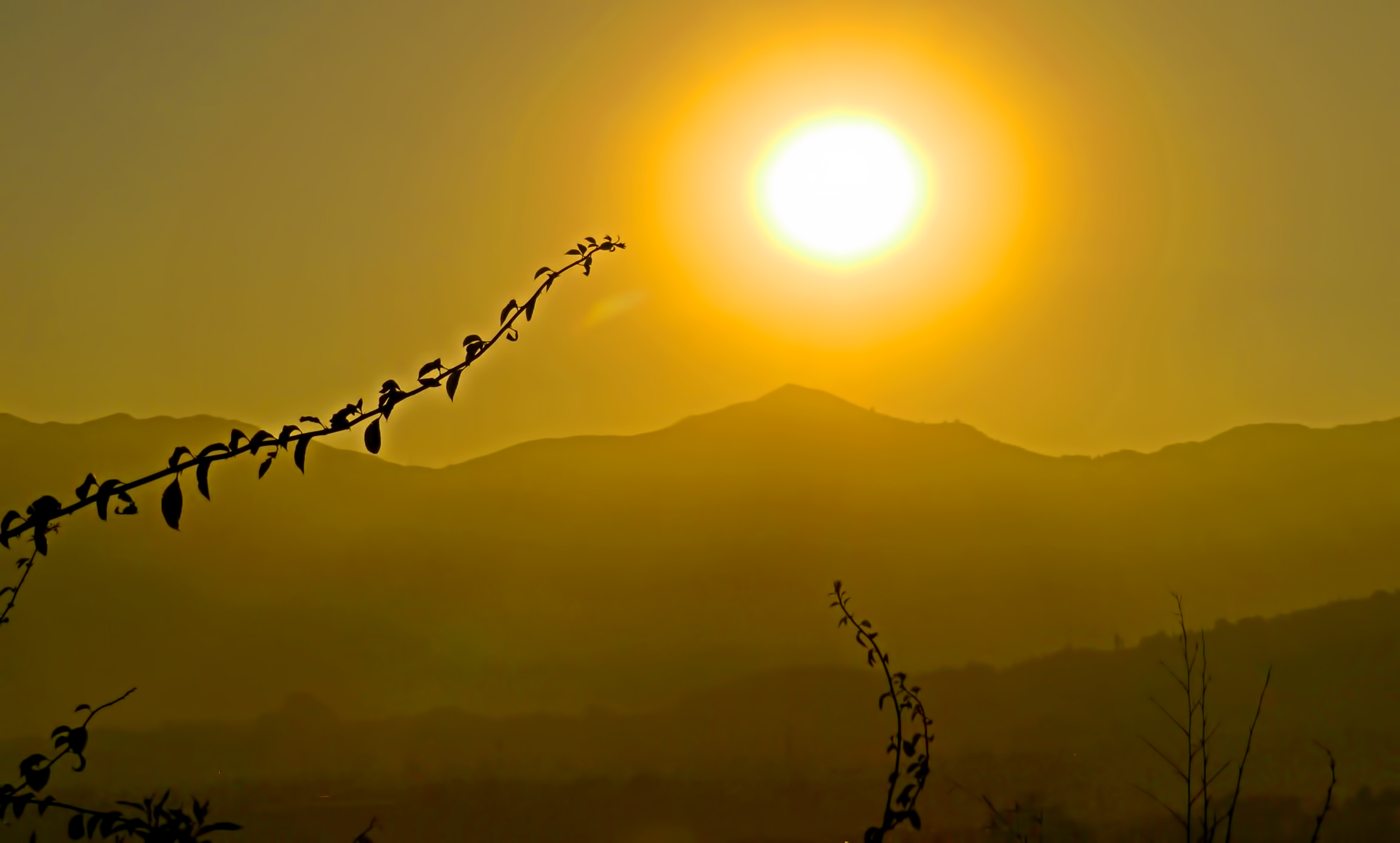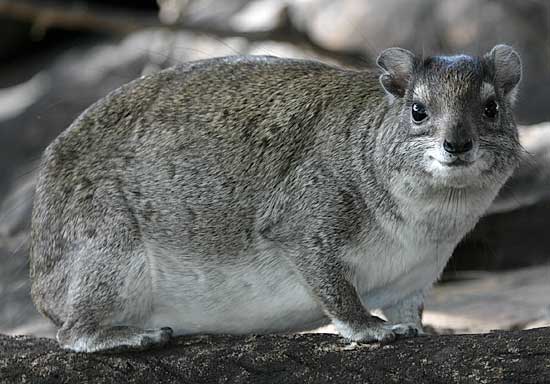Agriculture is putting SA in deep water
http://www.bdlive.co.za/business/agriculture/2013/04/17/agriculture-is-putting-sa-in-deep-waterFrom Business Day BDLive South Africa
April 17th, 2013
 PICTURE: This picture, courtesy of THINKSTOCK, shows the agriculture in South Africa and how there is a lack of fresh water in the area. This image clearly describes the article from my perspective because it shows how water availability is one of the major limiting factors in South Africa regarding agricultural production, yet when it comes to water management, it's impossible to figure out who is to blame for poor water managing.
PICTURE: This picture, courtesy of THINKSTOCK, shows the agriculture in South Africa and how there is a lack of fresh water in the area. This image clearly describes the article from my perspective because it shows how water availability is one of the major limiting factors in South Africa regarding agricultural production, yet when it comes to water management, it's impossible to figure out who is to blame for poor water managing.SUMMARY: The article basically explains that there is an extremely low supply of water in South Africa, and due to poor water management, farmers in South Africa are blaming themselves for not managing the water supply very well. The article explains that by 2025, the water supply in South Africa would most likely deplete entirely, with Gauteng, Africa, and South Africa running out of fresh water by 2015. This shortage of water is dramatically affecting the climate change, with the country having half of the average global rainfall per year and 98% of its water supply in crisis, as well as food security, mostly because since the population is growing and growing, there is a higher demand for animal & fish protein, and fresh fruits and vegetables. New laws regarding unlawful water usage becomes another problem as well because a new law was passed in South Africa by the Department of Water Affairs, and under this law, entitled the National Water Act, farmers and civilians in South Africa MUST HAVE permission to divert a body of water, a dam, or otherwise adapt to a body of water. This becomes a problem because now there are more ways that people have been using water that are now unlawful, and now there is not a lot of legal alternatives to get fresh water without facing criminal charges. In fact, in 2010, based on statistics from the Department of Water Affairs, 32 "pre-directives" and 16 directives were issued in the mining sector of South Africa, which faced three criminal charges, while 127 "pre-directives" and 48 directives were issued in the agricultural sector, which faced 13 criminal charges, in an effort to cease any illegal activity regarding water. Fortunately, there is awareness spreading throughout the world, and everyone is pitching in to help South Africa replenish their water supply but the question is, is this enough to replenish South Africa of fresh water?
OPINION/REFLECTION: I believe from my honest opinion that South Africa needs to manage their water supply better and I believe that they need to watch how they are using their water because with a new law in action, chances are that people who continue to use water unlawfully could face criminal charges, and also, I feel that they need to manage their water supply better because the farmers are blaming themselves for the fact as to why their water supply is running low. I mean, I don't know how many other countries have this same kind of problem, but odds are there could be countries with the exact same problem as South Africa is having. I know that South Africa is not a terrible country, but in regards to water supply, they need to manage it more often so that an issue like this doesn't happen again. I don't know if this issue has been resolved at the time of writing this blog post, but hopefully South Africa and many other countries facing this problem will recover their water supply soon, before it's no more. And I mean really soon when I say "soon," because so far, 90% of the water capacity of dams have been lost in South Africa, and I hate to see their water supply completely diminish before 2025.
QUESTIONS:
1. Do you believe that the people in South Africa should manage their water supply more often? If so, use what we have learned from the hydrosphere to explain why.
2. What do you think could have been the cause of the low supply of fresh water in South Africa, and why?
3. If a situation like this occurred in the East Coast, how would you react to this problem? Use what we have learned from the water labs and from the drinking water tests to explain your reaction.
4. What are some of the ways that people are trying to do to bring awareness to this situation, to help South Africa replenish their water supply, or to help South Africa with better agricultural production methods to prevent a situation like this from occurring again.
5. Do you think that South Africa will be able to recover their water supply before 2025? Using knowledge from reservoirs, aquifers, and wells, explain why or why not.






